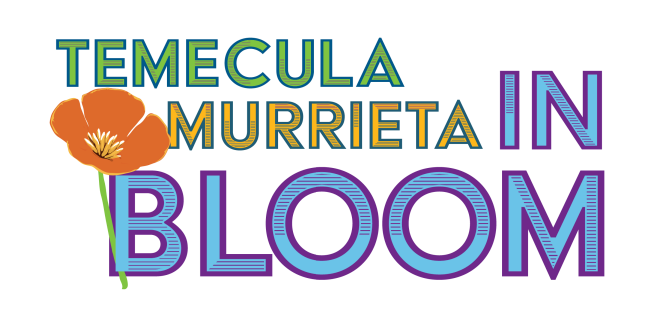Osteospermum ecklonis
Cape Marguerite, Cape Daisy

Description
Occasionally called cape daisy, osteospermum develops quantities of daisy-like flowers in a wide variety of colors including pink, purple, and white. Both single and double-flowered varieties of this sun-loving annual are also available. Osteospermum loves cool weather and will bloom its head off until hot summer weather brings the show to an end. Then the plants will sulk until the weather turns cool again in the fall. Osteospermum grows 15 to 24 inches tall and makes a superb container plant. The plant is also deer and rabbit resistant. Hardy from zones 10-11. Osteospermum require a sunny spot and rich, well-drained soil. If you are growing osteospermum in containers, use a commercial potting soil mix. Water the plants whenever the soil feels dry. Because osteospermum prefers cool temperatures, plant them in the early spring, being sure to protect them from an unexpected frost. Remove the flowers as they fade to promote additional flushes of bloom. Considered a tender perennial, osteospermum will overwinter in very warm regions of the country. Treat it as an annual everywhere else. Osteospermum flowers close up at night so don't worry if you see your plants folding their tents when the sun goes down.
Plant Type
Ground cover, Perennial, Annual
Height Range
1-3'
Flower Color
Pink, Purple, White
Flower Season
Spring, Summer
Leaf Color
Green
Bark Color
n/a
Fruit Color
n/a
Fruit Season
n/a
Sun
Full
Water
Medium
Growth Rate
Moderate
Soil Type
Sandy, Loam
Soil Condition
Rich, Well-drained
Soil pH
Acid
Adverse Factors
n/a
Design Styles
English Cottage, Meadow, Mediterranean, Ranch, Spanish, Woodland
Accenting Features
Showy Flowers
Seasonal Interest
Spring, Summer
Location Uses
Entry, Perennial Border, Lawn, Parking Strip, Patio, Raised Planter, Walkways, With Rocks
Special Uses
Container, Mass Planting, Hanging Baskets
Attracts Wildlife
Butterflies
Water Saving Tip:
Check the soil's moisture level before watering.
You can reduce your water use 20-50% by regularly checking the soil before watering.

